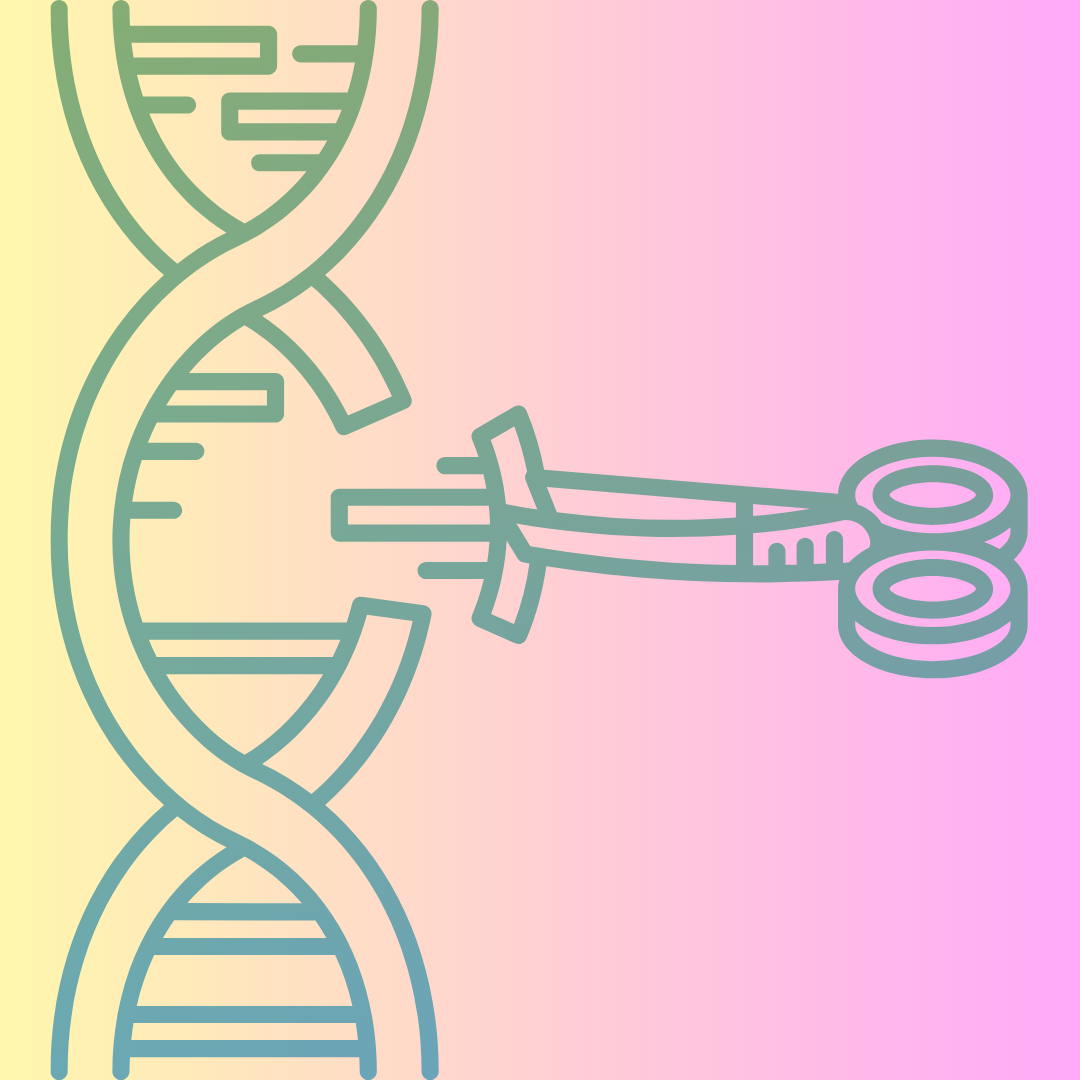South Africa amended its research guidelines to allow for heritable human genome editing
By Françoise Baylis and Katie Hasson,
The Conversation
| 10. 24. 2024
A little-noticed change to South Africa’s national health research guidelines, published in May of this year, has put the country on an ethical precipice. The newly added language appears to position the country as the first to explicitly permit the use of genome editing to create genetically modified children.
Heritable human genome editing has long been hotly contested, in large part because of its societal and eugenic implications. As experts on the global policy landscape who have observed the high stakes and ongoing controversies over this technology — one from an academic standpoint (Françoise Baylis) and one from public interest advocacy (Katie Hasson) — we find it surprising that South Africa plans to facilitate this type of research.
In November 2018, the media reported on a Chinese scientist who had created the world’s first gene-edited babies using CRISPR technology. He said his goal was to provide children with resistance to HIV, the virus that causes AIDS. When his experiment became public knowledge, twin girls had already been born and a third child was born the following...
Related Articles
By Darren Incorvaia, Fierce Biotech | 05.28.2025
An international group of gene editing leaders has put out a call for a 10-year ban on heritable human genome editing (HHGE), extending a moratorium that was first proposed in the fallout of a Chinese researcher’s widely decried use of...
Last week, May 21–23, a broad range of experts gathered in Boston to discuss the future of powerful biotechnologies with the potential to change what it means to be human. The fourth in a series of international Summits on human genome editing, this event was organized by the Global Observatory for Genome Editing, which “seeks to expand the range of questions arising at the frontiers of emerging biotechnologies … and fosters international, interdisciplinary, and cross-sectoral dialogue.” Like previous Summits...
By Caiwei Chen and Antonio Regalado , MIT Technology Review | 05.23.2025
Since the Chinese biophysicist He Jiankui was released from prison in 2022, he has sought to make a scientific comeback and to repair his reputation after a three-year incarceration for illegally creating the world’s first gene-edited children.
While he has...
By Kevin Davies, Genetic Engineering & Biotechnology News | 05.21.2025
This week a diverse group of researchers, bioethicists, publishers and theologians, are gathering in Cambridge, Massachusetts, to extend and expand the rolling debate about the merits of human heritable genome editing (HHGE). The international summit is being hosted by the...




